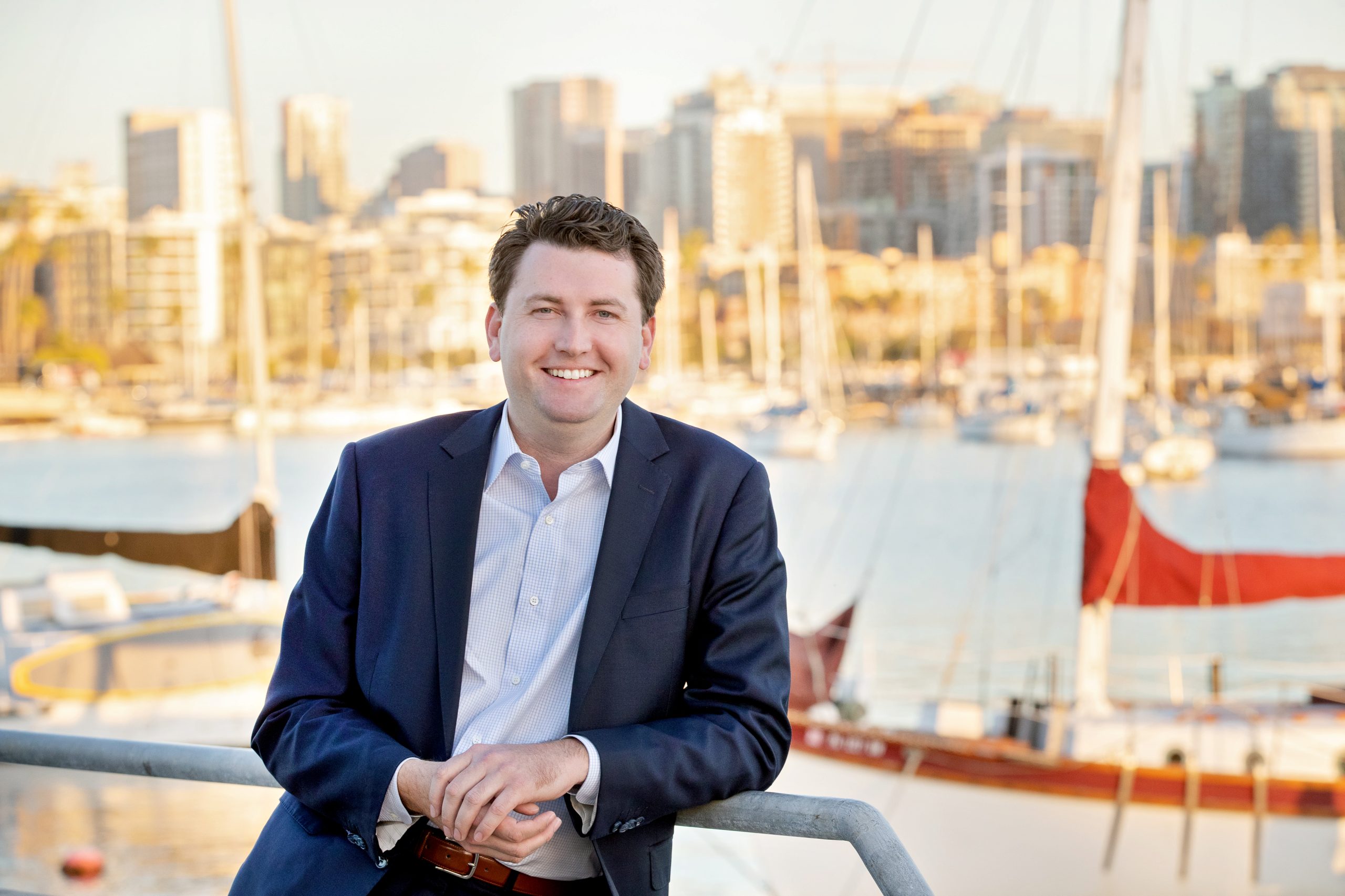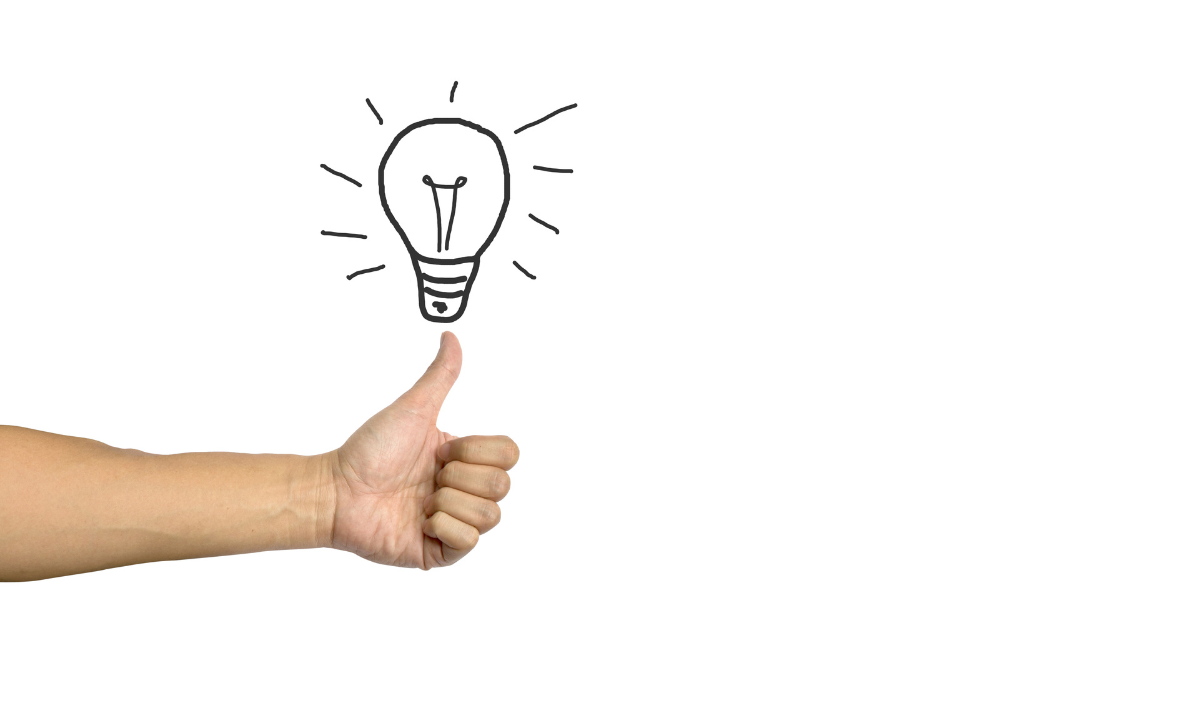Written by Michael Palomba
The Supreme Court has rejected an appeal from a San Diego church regarding state coronavirus restrictions. The South Bay United Pentecostal Church, located in Chula Vista, was seeking to remove attendance limits imposed by Gov. Newsom.
The church argued that limits on how many people can attend their services violate the First Amendment protection of religious freedom. They were hoping to have the restriction lifted in time for Sunday services, but did not receive the news they were hoping for.
The court rejected their request on 5-4 vote, with Chief Justice John Roberts siding with the Court’s liberal justices. In his opinion, Roberts wrote that allowing churches to reopen at 25% capacity, with no more than 100 worshipers, “appear(s) consistent” with the Constitution. He also mentioned that similar limits have been placed on sporting events, movie theaters, and other businesses “where large groups of people gather in close proximity for extended periods of time.”
Justice Brett Kavanaugh wrote the dissenting opinion in defense of the church. Kavanaugh noted that the restriction “discriminates against places of worship and in favor of comparable secular businesses. Such discrimination violates the First Amendment.” He pointed to supermarkets, restaurants, hair salons, and even cannabis dispensaries that are not subject to the same restrictions as churches at this time.
To grant some leniency to the Court, this case was a hard call. On one hand, this is a country founded on freedom. People should be able to assess the risk and make their own choice about attending church services, or anything else for that matter. On the other hand, if restrictions are not in place in the midst of the pandemic, infection rates may begin to skyrocket—which the government arguably has a compelling interest to prevent.
The first scenario is what I believe the Founding would have sided with, but the latter is a very real possibility that no one wants to experience. The government is not here to protect us from disease, it’s here to secure our rights and our freedom.
At the end of the day, the Supreme Court is here to make the toughest calls. In this case, they have decided that these restrictions are both constitutional and in the best interest of the public, and we should trust that they are making the right call; at least for now. If this restriction and others are still around in the near future, I will begin to question their judgment, and I’m sure I will not be alone in that.




